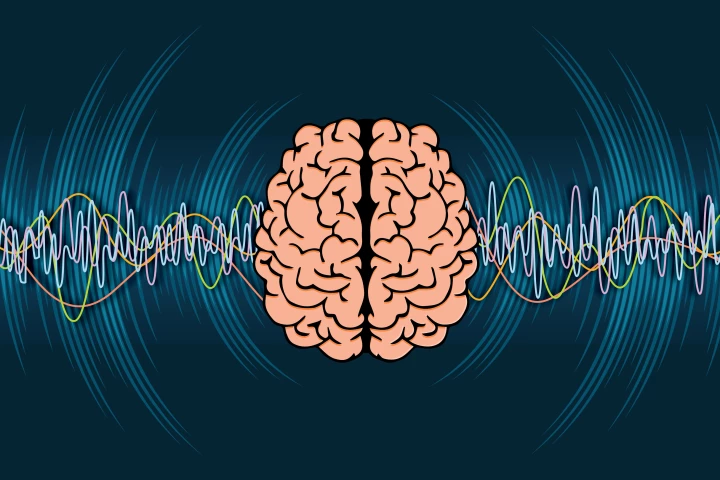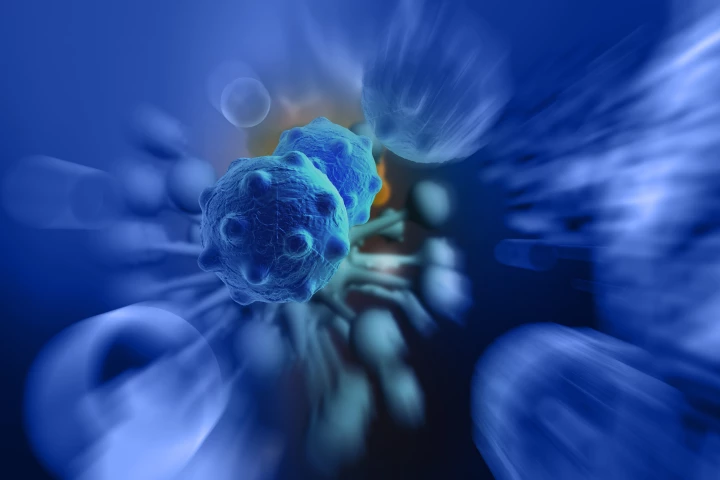University of Bremen
-
In a landmark study, scientists have found that a specific rhythm in our brains determines how well we process the world around us. This discovery could change how we understand and treat focus, attention and memory in Alzheimer's disease and ADHD.
-
Although Saturn's moon Enceladus and Jupiter's moon Europa both have ice-covered surfaces, oceans may exist beneath that ice. The TRIPLE-nanoAUV 2 project is aimed at getting an uncrewed submersible into those oceans, to search for life.
-
German physicists have recorded the coldest temperature ever – 38 trillionths of a degree above absolute zero. The experiment involved dropping quantum gas and switching a magnetic field on and off to bring its atoms to an almost complete standstill.
-
A team of astrobiologists at the University of Bremen's Center of Applied Space Technology (ZARM) has grown cyanobacterium at low pressure using only Martian materials, demonstrating future astronauts could grow their own food on the Red Planet.
-
If you're trying to eradicate disease-carrying mosquitos, it's important to know when and where the biting females of the targeted species are present. An experimental new device could help, by mimicking the insects' hearing apparatus.
-
A new type of copper-based nanoparticle has shown effectiveness in killing off tumor cells in mice. But by combining it with immunotherapy scientists say it produced long-lasting effects, quickly killing off any cancer cells that dared to return.
-
The iStruct, a robotic ape developed at the German Research Center for Artificial Intelligence (DFKI) and the University of Bremen, is using its active spine and multi-contact feet to stand upright. We got in touch with Daniel Kühn, iStruct's primary researcher, to learn more.
-
Researchers at the German Research Center for Artificial Intelligence (DFKI) and the University of Bremen are working on an ape-like robot called the iStruct Demonstrator that could explore lunar craters.
-
The robotic CORBYS platform incorporates an exoskeleton that trains stroke victims to walk normally again.








